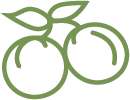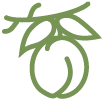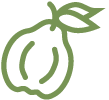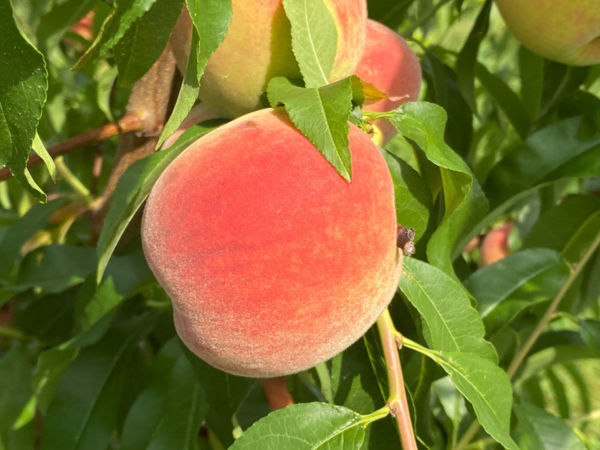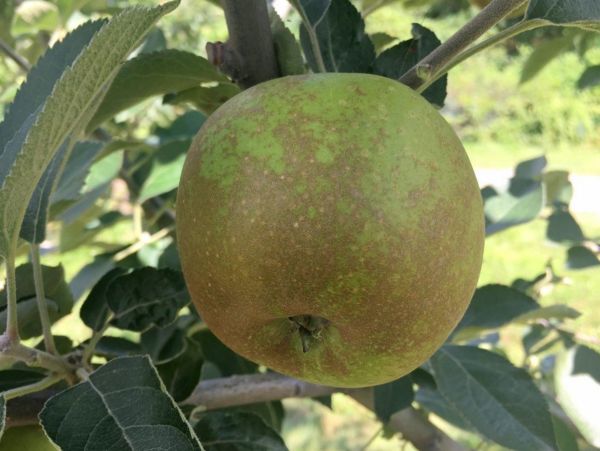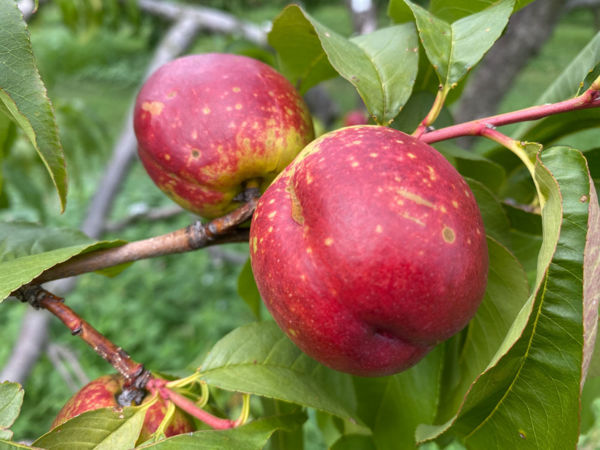An attractive, highly disease-resistant apple, ideal for organic growers.
Rodents (Mice & Voles)
Fruits Affected
Apple, Peach, Plum, Pear, Nectarine, Cherry, Apricot
Also See
Fruit Tree Diseases and Pests: An IntroductionList of Common Fruit Tree Diseases and Pests
Meadow voles (mice) and Pine voles are the #1 cause of fruit tree mortality. They are the heart disease of fruit trees. Meadow voles are 4.5-7 inches long and a tail about 1-3/4 inches long. Pine voles are smaller at about 4-5 inches long and live almost completely in tunnels a couple of inches below the surface. Meadow voles love to eat the bark at the bases of the tree, and pine voles will burrow and eat the roots of trees. There is no simple way of saving a tree that is girdled by voles. If you catch the damage within a few days, and if half or more of the trunk is not girdled, you can cover the wound with TreeKote or some similar wound goo. It is also possible to bridge graft. This is not a simple process. Prevention is by far the most important way of keeping your trees alive and healthy!
Prevention
Keeping the area mowed tight or bare dirt (best) around the base of your tree for a 2-foot diameter is extremely important. Landscape fabric is not good. This makes a perfect home for the voles. Herbicide, pea gravel, hoeing.... all work well. The second line of defence is protection. We recommend cutting a 2' x 2' square of hardware cloth with 1/4-inch holes. This can be purchased at any hardware store in rolls 2' x 25'. Take the square and wrap it around the tree, burying it a couple of inches into the ground. Tie together with a zip tie or twist tie. Your tree will be protected for many many years and you will not need to remove it during the summer months.
Featured Products
A few things we're loving right now...
A full-flavored, freestone white peach.
One of America's oldest apples, good for storage, baking, and cider.
A widely-grown, large, yellow-fleshed nectarine.





